Improving Employee Engagement and Satisfaction in the Food and Beverage Industry

When we feel hungry, we usually get food from a grocery store or restaurant without thinking about how it got there. We're just happy that the food is available because we want to eat something delicious and satisfy our hunger. We often overlook the people behind the scenes in the food and beverage industry.
These people are responsible for making the industry function and include workers in various businesses such as growers, producers, distributors, service providers, restaurants, and retailers. They are the ones who keep the industry running smoothly.
So, how does one improve employee engagement and satisfaction in the food and beverage industry? How can you ensure your employees enjoy working at your workplace daily? Here are strategies that business owners can implement to enhance employee involvement at every level and raise long-term retention rates.
Check out an employee app for frontline workers to improve employee engagement.
Incorporate work-life balance
If you work in the food and beverage industry, you may face many difficulties, such as a limited pool of available workers, intense competition, and high staff turnover. Promoting work-life balance is the best way to combat frustration and negative experience at work.
According to a 2021 Deloitte report, many Millennials and Gen Z respondents believe flexibility in their work is crucial when selecting an organization. It is important to give employees the time to recharge, even if it means adjusting their work schedule to accommodate personal commitments. This may improve their trust and job satisfaction in the long run.
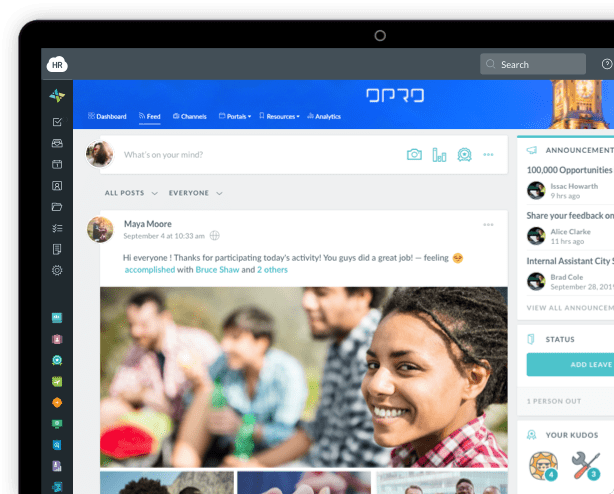
Simple yet effective communication
When communication between managers and employees is hurried and unclear, it can cause staff frustration and mistrust, ultimately reducing their level of engagement. Improving communication can lead to better engagement by establishing open, transparent, and understandable communication channels.
Regular communication with your employees is essential. Instead of simply providing job descriptions and leaving them at that, engage in ongoing conversations about their performance, priorities, and progress.
To help them understand how their work ties into the bigger picture, establish smaller goals aligning with the company's strategic or annual objectives. This will demonstrate to employees how their roles contribute to the organization's success. Moreover, adopting an internal communications software like Workmates guarantees smooth communication within the team and reduces employee turnover.
By utilizing technology such as mobile platforms and the best tools to manage remote employees, managers can improve communication by enabling real-time interaction and gathering feedback, leading to effective communication.
Smooth onboarding process
Following various regulations and procedures to ensure safety is important in the restaurant industry. However, ensuring all employees know about these procedures can be challenging, especially for new employees.
To address this, consider creating short instructional videos and materials that employees can easily reference. This approach avoids relying on employees' memory and enables them to review specific protocols and procedures. Some companies even use technology to provide employees access to knowledge and resources from anywhere and at any time. In addition, HR Cloud’s onboarding solution includes customized checklists so managers can monitor if team members are on track with their required periodic training.
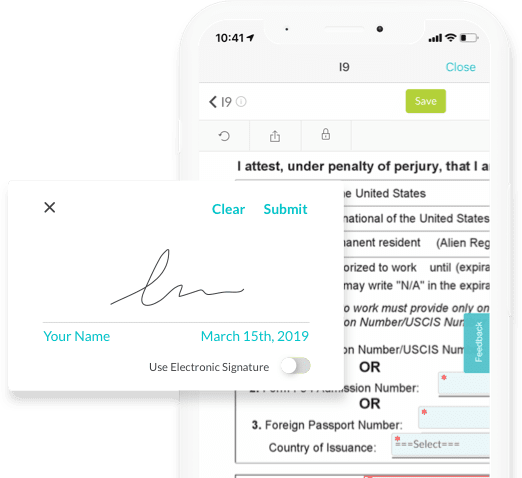
Good financial compensation
The financial impact of the pandemic has been felt widely, especially among food and beverage industry workers. They faced a labor shortage, which only worsened as the pandemic continued. Due to high employee turnover, jobs in the service industry are often viewed as temporary and easily replaceable. Therefore, as a restaurant owner, ensuring that employees are well-compensated and feel safe in their job is crucial.
Providing good pay is essential in increasing employee engagement, happiness, and retention, which ultimately reduces turnover and costs of hiring and training new workers. One solution to increase wages is to raise menu prices and transparently explain to customers that the increase is to provide better wages for employees, resulting in happier employees who can deliver exceptional service.
Healthy management
It's important to delegate tasks and be transparent about expectations to reduce workload and increase employee autonomy. Trusting employees and giving them responsibility without micromanaging will boost their engagement in the company.
If you want a good employee tracking solution, include a fair monitoring system for your employees to improve productivity. Using a management style relatable to your employees can establish a lasting working relationship and reduce employee turnover. So always prioritize autonomy, care, and communication in your management approach.
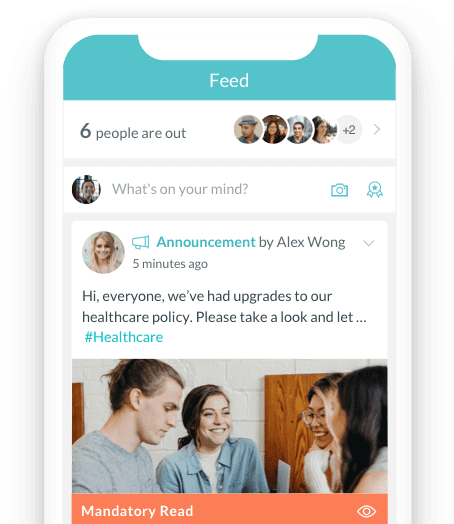
Offer advancement opportunities
To prevent disengagement among employees, it is important to provide them with adequate training and advancement opportunities. According to a survey, 72% of Millennials believe that their skills are not being fully utilized at work, leading to lower engagement levels.
Giving employees opportunities to advance or learn new skills not only allows them to showcase their strengths but also reduces the likelihood of them seeking employment elsewhere.
Ask for feedback
Encouraging a culture of staff engagement can help improve restaurant operations. Seeking feedback from employees on decisions such as adding new menu items or addressing internal challenges can be valuable as they contribute to the restaurant's success.
To increase employee engagement, it's vital to understand what motivates them and why they chose to work for your restaurant. By asking your employees about their passions and listening to their responses, you can discover what they value and what they experience on a daily basis.
Most likely, your employees are looking for a job that provides a balance between income and meaningful work. For millennials, this may also include having access to digital tools that optimize their work experience and help them stay productive and connected during their shifts. It's important to take action based on the feedback you receive from your employees to improve their work experience and keep them engaged.
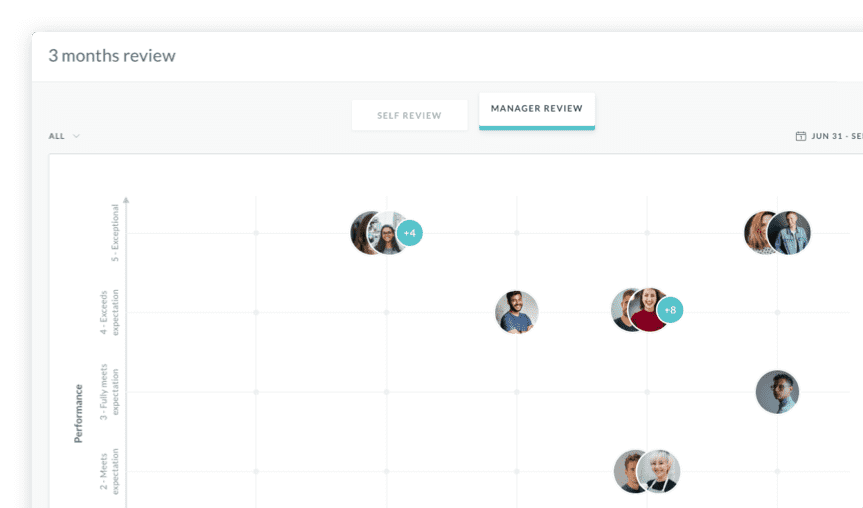
Employees should feel valued and like they are part of the team, and their perspectives should be heard and used to enhance operations. Therefore, consider an engaged employee a co-collaborator in building a better restaurant.
Still in the process of searching for the right platform to assist you with your employee engagement surveys? HR Cloud's Workmates platform features a poll and survey builder to aid you in gathering staff feedback and jumpstarting your business at the same time.
Open-book management
To ensure employee engagement and retention, consider using open-book management, a business strategy that involves sharing the financials of the business with employees.
The concept of open-book management is based on the notion that a company performs better when employees are invested in the success of the business beyond just performance metrics like quality or efficiency. It's not just a program but a comprehensive system that is understandable and valuable to both frontline employees and senior managers. By incorporating the why of improved performance into the system, employees and managers are motivated to work together to discover the how.
By giving employees a clear understanding of how their work contributes to revenue, they develop a sense of ownership and a greater understanding of their business impact. This can lead to a more dedicated workforce and potentially improve employee happiness.
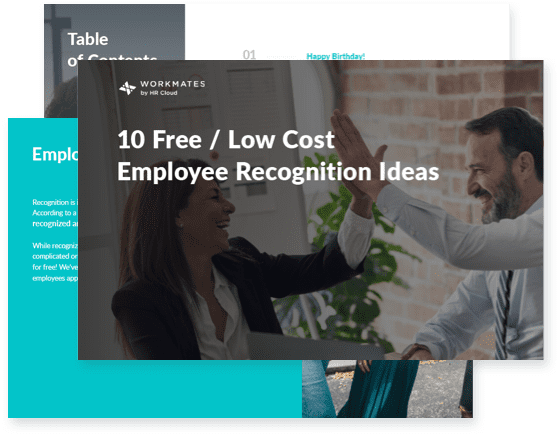
Improving employee experience doesn't
need to be difficult - or expensive!
Organize fun weekend getaways
Large companies like Google, Amazon, and Apple understand the importance of engaging their employees through outdoor activities. This is also true for the food and beverage industry, where employees need a break from their usual kitchen and customer-facing duties.
Engaging in outdoor activities can boost productivity and promote team spirit while focusing on employee health and wellness. These activities include hiking, trekking, cycling, among others.
Employees appreciate the opportunity to take a break and engage with the outside world while participating in activities that challenge them physically and mentally. Organizing outdoor activities with your team can also be enjoyable and solve employee retention issues in the long run.
Happy employees equal successful business!
To keep your restaurant thriving, it's not only essential to focus on maintaining profit margins, creating new menu items, and attracting repeat customers, but also to prioritize your staff's engagement and dedication. You can improve employee happiness through simple actions such as asking for feedback and providing useful benefits. Remember that your employees are the backbone of your restaurant and treating them well will help ensure its success.
Find Out How Much You Can Save by Switching to Workmates.
and save upwards of 60%
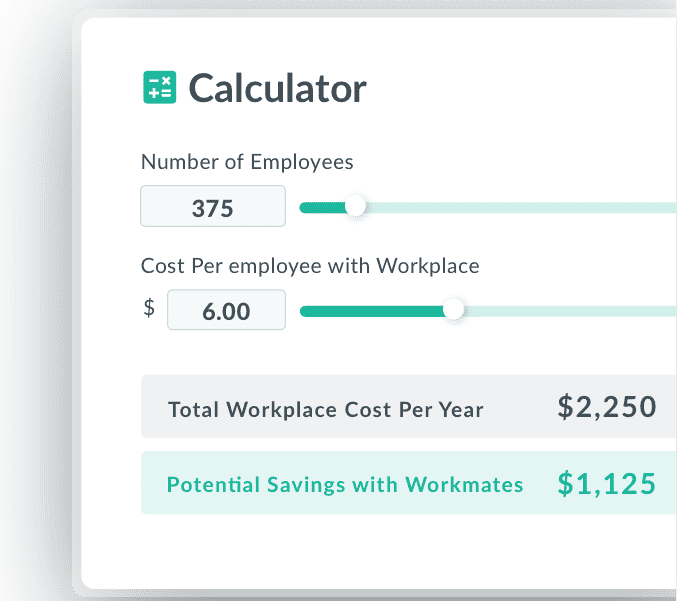
Author Bio:
This article is written by a marketing team member at HR Cloud. HR Cloud is a leading provider of proven HR solutions, including recruiting, onboarding, employee communications & engagement, and rewards & recognition. Our user-friendly software increases employee productivity, delivers time and cost savings, and minimizes compliance risk.
Keep Reading
Balancing Technology and the Human Touch in Employee Engagement
Companies are taking employee engagement very seriously because it is one of the ways of
Building Strong Teams: The Power of Team Bonding Exercises
Never overestimate the power of collaboration as a core element of effective team



